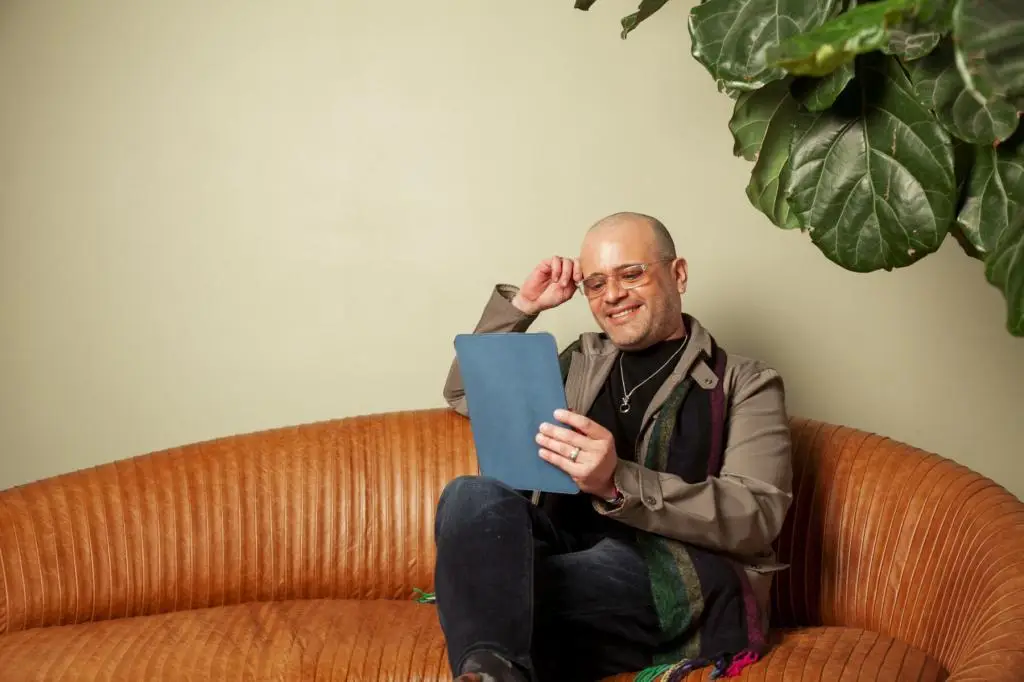By: William Cuthbert (he/they)
The meaning of transition will be unique to every trans person. This applies between different gender expressions, as being transmasculine or FTM involves separate experiences to being transfeminine or MTF. (At Plume, we don’t usually use terms like MTF or FTM when talking about someone’s gender journey, since it’s not inclusive of everyone’s experience. We know that folks use terms like these when looking for info on these topics!) The same goes for being gender non-conforming (GNC), genderfluid, nonbinary, and beyond.
It’s important to remember that this diversity of self-expression will apply even for people who share the same gender identity. Since exploring myself as a queer trans man, for instance, I feel more power in my soft-spoken and “femme” ways of communicating and find myself looking at makeup and dresses on store shelves again.
In all the many internal and external ways we express ourselves, one person’s transness will never be exactly the same as another’s. Even the reasons we transition, if we choose to at all, are personal to us.
As transmasc folks, we may go on our own paths of social or medical transition because we experience gender dysphoria—whether that means we’re uncomfortable with the ways our bodies are perceived as feminine, or daydreamed about being men before realizing that was our transness talking (this was also me). We might or might not want to take hormones, so we can have more defined muscles and a deeper voice, grow facial hair or otherwise appear more conventionally masculine. We may choose new names or clothing to display who we are to the world, or decide that we’re happy with these details of our social lives as they are. All these approaches, even knowing and expressing ourselves in private, are valid as expressions of our true selves.
In any or all of these aspects, transition can be an empowering step towards supporting our own mental health, especially if we struggle with gender dysphoria. However, for some of us transition isn’t about easing dysphoria. Embracing ourselves needn’t be anything more than a commitment to our gender euphoria. Every person deserves to feel happy, safe, and seen as their true self, and live in alignment with their gender identity.
Whether you’re coming from pain, joy or a little of both, transition is a way to meet your authentic self. When you start your journey, all you need to bring along is yourself as you are.
As the largest provider of gender-affirming care for the trans and nonbinary community, Plume is committed to providing information about many types of information, including questions about hormones like estrogen and testosterone, gender transitioning tips and experiences, and guidance on social transition and self care.
While we strive to include a diverse range of voices and expertise, not everything will be for every person. Each individual’s experience is unique, and the information Plume provides is not intended to be a substitute for professional medical advice, diagnosis, or treatment.
Always first seek the advice of your primary and/or specialist physician, the Plume Care Team, or other qualified health provider with any questions you may have regarding a medical condition, your mental health and emotional needs, or your health care needs regarding gender-affirming hormone therapy. If you are experiencing an emergency, including a mental health crisis, call 911 or reach out to Trans LifeLine.



